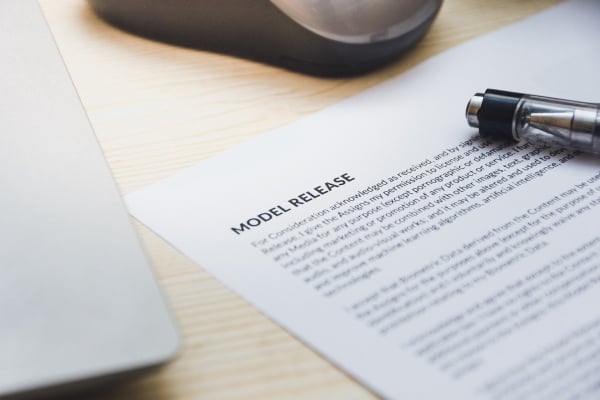Got Questions?
An enterprise agreement is a comprehensive contract negotiated between one or more employers and their employees. It sets out the specific terms and conditions of employment for a workplace, including wages, working hours, and other employment conditions. This agreement can go beyond the minimum conditions specified in applicable awards and can also cover additional terms not addressed by awards. Bentham Sydney Employment Lawyers can assist in drafting and negotiating these agreements to ensure they comply with legal requirements and effectively address the needs of both the business and its employees.
Enterprise bargaining involves negotiating several key terms to create a fair and comprehensive agreement. These terms often include:
1. Wages and Conditions: Specific rates of pay, overtime arrangements, leave entitlements, and other conditions of employment.
2. Employee Organisation Rules: Guidelines on the relationship between the employer and employee organisations, such as trade unions.
3. Pay Deductions: Conditions under which wages can be deducted, ensuring they are authorised by the employees.
4. Dispute Resolution: Procedures for resolving disputes, which may involve the Fair Work Commission or an independent mediator.
5. Expiry Date: The agreement’s validity period, which must not exceed four years from the date it is approved by the Fair Work Commission.
6. Flexibility Provisions: Terms allowing for individual adjustments to the agreement to meet specific employee needs.
7. Consultation Requirements: Obligations for the employer to consult with employees about significant workplace changes that may impact them.
Bentham Sydney Employment Lawyers specialise in guiding you through these negotiations to ensure that all terms are thoroughly considered and legally compliant.
The Better Off Overall Test (BOOT) is a critical component in the approval process for enterprise agreements. After bargaining, the proposed agreement must be submitted to the Fair Work Commission for approval. The BOOT ensures that employees are better off overall compared to the minimum standards provided by the relevant modern award. This involves a comparison of the agreement’s terms against the award to confirm that employees receive fairer or at least equivalent conditions. Bentham Sydney Employment Lawyers can help navigate this process, ensuring that your agreement meets all regulatory requirements and is likely to pass the BOOT.
Enterprise agreements can include a variety of terms, known as "permitted matters," which are outlined by the Fair Work Act 2009. These terms may cover:
1. Wage Deductions: Conditions under which deductions from employees’ wages can occur.
Minimum Pay: Rates of pay that must be at least equal to or better than those set out in modern awards.
2. Operational Matters: How the agreement will function within the workplace, including flexibility and consultation terms.
3. Employee Organisation Relationships: Rules regarding the involvement of trade unions and other employee representatives.
An enterprise agreement can enhance or supplement the National Employment Standards but must not provide conditions less favourable than those standards. Bentham Sydney Employment Lawyers can ensure that your enterprise agreement includes all necessary terms and complies with both federal regulations and industry standards.
Enterprise agreements are primarily governed by federal legislation under the Fair Work Act 2009. This federal framework provides a consistent approach to enterprise bargaining across Australia. However, some state-specific regulations may apply in certain cases, such as additional workplace health and safety laws or state awards that could influence specific conditions. Bentham Sydney Employment Lawyers can help you understand any relevant state laws that might impact your enterprise agreement, ensuring that it aligns with both federal and state regulations.
The main difference between an enterprise agreement and an award lies in their scope and specificity. An award is a broad, legally binding document that sets minimum conditions for an entire industry or occupation. In contrast, an enterprise agreement is a tailored contract negotiated directly between an employer and their employees, specifying terms suited to the particular workplace. While an award establishes baseline standards, an enterprise agreement can offer enhanced terms and conditions. If an enterprise agreement is in place, it generally overrides the relevant award provisions if it offers better conditions. Bentham Sydney Employment Lawyers can assist in negotiating and drafting enterprise agreements that go beyond the minimum standards set by awards, ensuring they meet the unique needs of your business.










